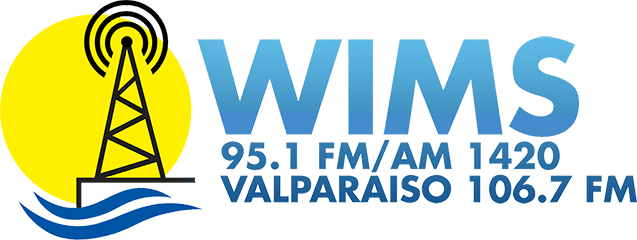The holidays are a time of year when families come together, often for the first time in months or even years. That’s especially true this year as COVID-19 vaccinations have made it safer for people to travel and gather.
That’s why many family members first notice signs and symptoms of Alzheimer’s and other dementia in their loved ones over the holiday season. The Alzheimer’s Association Greater Indiana Chapter is urging Hoosiers to know the warning signs and sharing tips for how to approach a loved one who may be showing symptoms.
“It is important to know that Alzheimer’s and dementia are not just normal aging,” said Stephanie Laskey, program director, Alzheimer’s Association Greater Indiana Chapter. “And if you do notice signs, it is important to address the situation. The symptoms may be caused by something else, but if they are caused by dementia, getting a diagnosis offers a number of benefits.”
Tips for approaching memory concerns include:
Assess the situation.
Reflect on what the person is doing – or not doing – that is out of the ordinary and causing concern. For example, did the person get lost in a familiar neighborhood or have trouble following a favorite family recipe? Reach out to other family members, especially those who see the person often, about any changes they have noticed.
Take action through conversation.
Consider who would be the best person to discuss the concerns. It could be a trusted family member, a friend or a combination. It’s usually best to speak one-on-one so that the person doesn’t feel threatened by a group, but use your best judgment to determine what will likely be most comfortable for the individual. Also consider what time and place would make the person most comfortable.
Think about what to say.
Try engaging the person by asking questions, such as, “How have you been feeling lately? You haven’t seemed like yourself. Have you noticed any changes?” Ask the person if he or she will see a doctor and show your support by offering to go to the appointment.
Reach out for help.
The Alzheimer’s Association offers free resources, education programs and a 24/7 Helpline (800.272.3900) staffed with master’s-level clinicians who can provide more information about how to discuss memory concerns with a loved one.
For more tips and information on the warning signs of Alzheimer’s, visit alz.org/timetotalk
